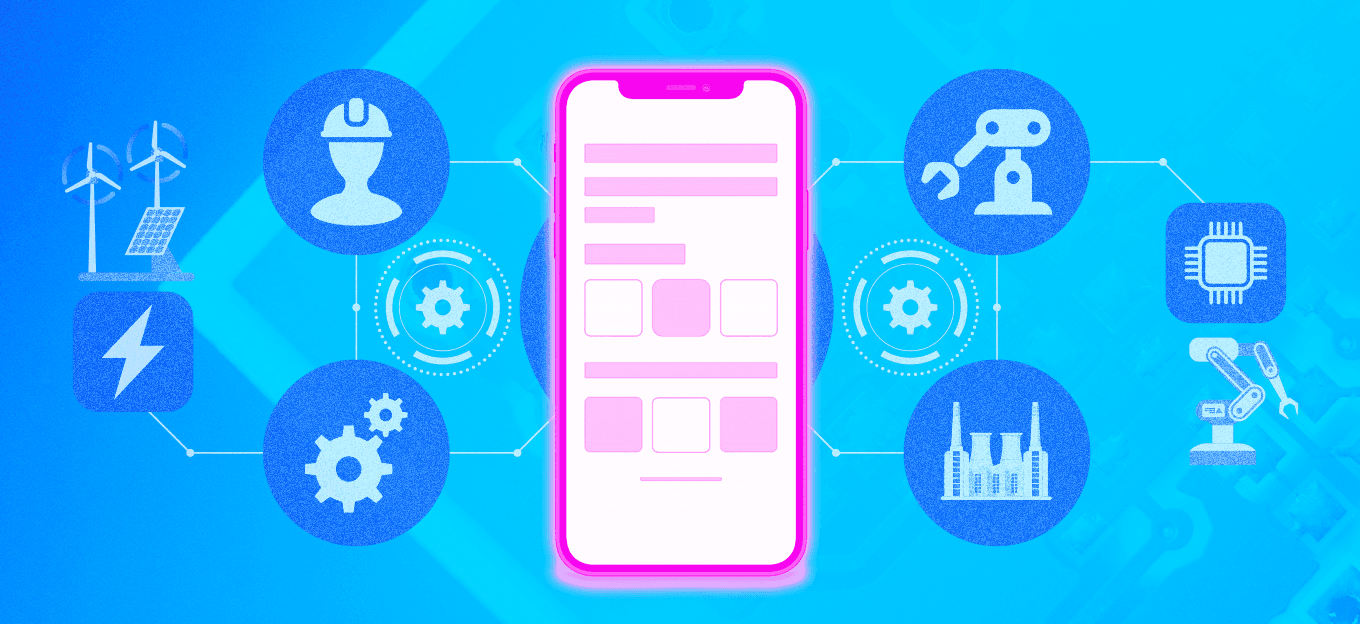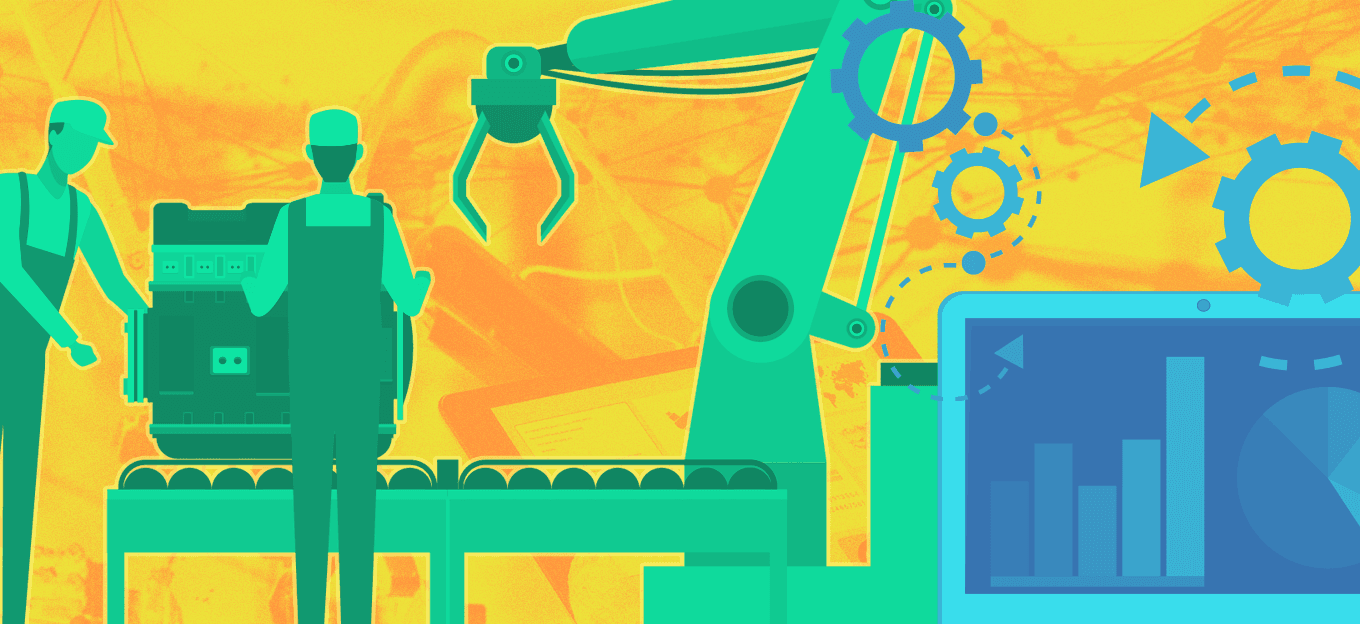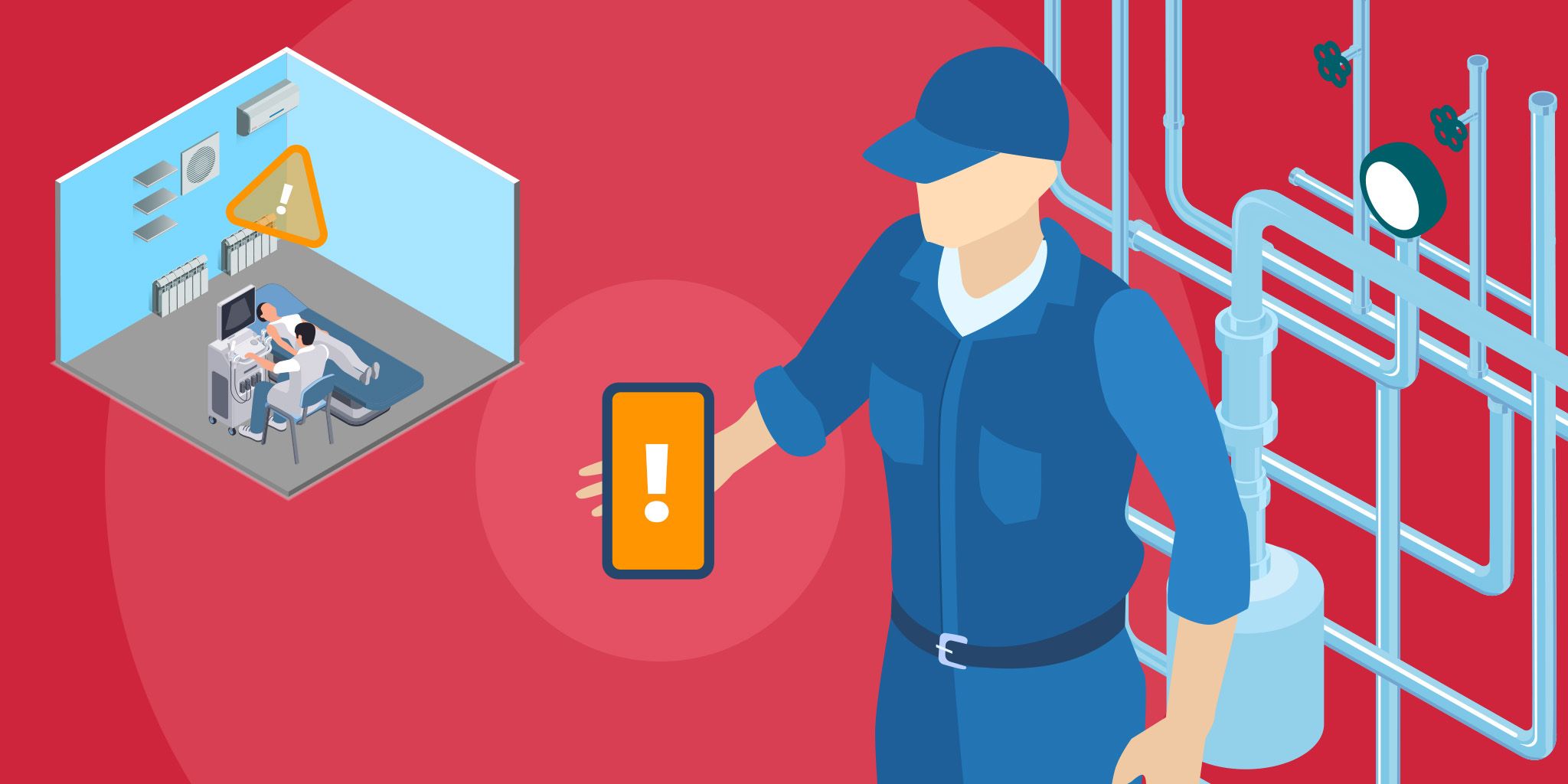IoT in Hospitality: Consistent, Dependable Connections
IoT in Hospitality: Consistent, Dependable Connections
- Last Updated: December 2, 2024
MobileWare Inc
- Last Updated: December 2, 2024



What does IoT have to do with an unforgettable guest experience? As it turns out, quite a lot. Just look at Marriott's IoT Guestroom Lab:
The room has a built-in virtual assistant. Guests can ask the system for a wake-up call or an extra towel, eliminating a call to the front desk. They can start the shower with an app; the water heats to a temperature stored in the customer profile. Rooms remember the guest's lighting and air conditioning preferences. The fridge is pre-stocked with personal favorites, all stored in the guest's account. It's a personalized experience with every stay.
Here's the remarkable thing about Marriot's room of the future: it is from our past, 2017, to be exact. The possibilities of IoT in the hospitality industry have only grown since then. But great guest experiences depend on excellent infrastructure. As we introduce the benefits of IoT, the whole system relies on rock-solid data connectivity. A downed tower or a cut fiber optics line can ruin a vacation; imagine being stuck on a cruise ship without internet.
So here's a solution for total, disaster-proof connectivity, along with some exciting possibilities of IoT in the hospitality industry.
Better Connections for Better Guest Experiences
A lot of things can sever a data connection. If you use wifi, your telecom provider could have a breakdown anywhere in the technology stack. If you go through cellular networks, you may face the same risk. To understand why it helps to look at a core element of cellular connectivity: the SIM card.
Subscriber Identification Modules (that's what SIM stands for) do a few things, all of which are necessary for connecting to the network. They identify the user. They authenticate and encrypt the channel. They tell the device where to connect. In short, a device's SIM card is the gateway to any cellular network.
With IoT, the hospitality industry allows guests to navigate their stay with ease.
Mobile network operators (MNOs) like Verizon, T-Mobile, and AT&T issue SIM cards that lock users into a single network. If customers wander outside the coverage area, these MNOs charge hefty roaming fees to keep devices online. For commercial IoT applications, however, this introduces a vulnerability. What happens when that MNO has a service interruption?
Luckily, a new generation of SIM cards fixes the problem. They're designed specifically for IoT systems like those transforming the hospitality industry—and they're made for resilience. These SIM cards connect to multiple cellular networks. If one goes down, they automatically hop over onto the next. They can even favor the network that's providing the best data transfer speeds at the moment. If you run a hotel, casino, or cruise line, choose a multi-carrier MNO using multi-carrier SIMs and benefit from network redundancy without multiple contracts. That's how you give your guests all the great features of IoT systems while controlling risk.
So what are those IoT systems in the hospitality industry? Here are just a few.
5 Examples of IoT for Hospitality Excellence
New IoT solutions are popping up all the time, but here are some of the top technologies improving hospitality operations today:
- Room access and remote check-in via mobile app. Who needs to keep track of a room key? IoT locks allow guests to access rooms through their phones. Similarly, visitors can check in through an app, skipping those pesky hotel lines.
- Preventative (and predictive) maintenance for facility infrastructure. Don’t wait for the plumbing or HVAC to fail before you act. Preventative and predictive maintenance through IoT sensors keep all systems healthy and operational.
- Automated in-room snack and beverage services. It’s easier to open a fridge than call room service. IoT refrigerators track items as they’re removed, automatically billing the guest accurately...and that’s not all.
- Automated inventory tracking. Sensors can also update inventory levels, whether that’s for an in-room snack assortment or at the restaurant. Prevent shortages with automated inventory reporting, all courtesy of IoT.
- Mobile pay for meals, services, and products. Not all hospitality takes place in a building. Whether you operate a cruise line, an outdoor events space, or, shoot, a luxury space flight service, IoT lets you accept payments through mobile devices.
This list is, of course, far from exhaustive. But hopefully, it's got you thinking about how you can deploy IoT in your hospitality business—your guests will thank you.
The Most Comprehensive IoT Newsletter for Enterprises
Showcasing the highest-quality content, resources, news, and insights from the world of the Internet of Things. Subscribe to remain informed and up-to-date.
New Podcast Episode

IoT and AI in 2026
Related Articles





